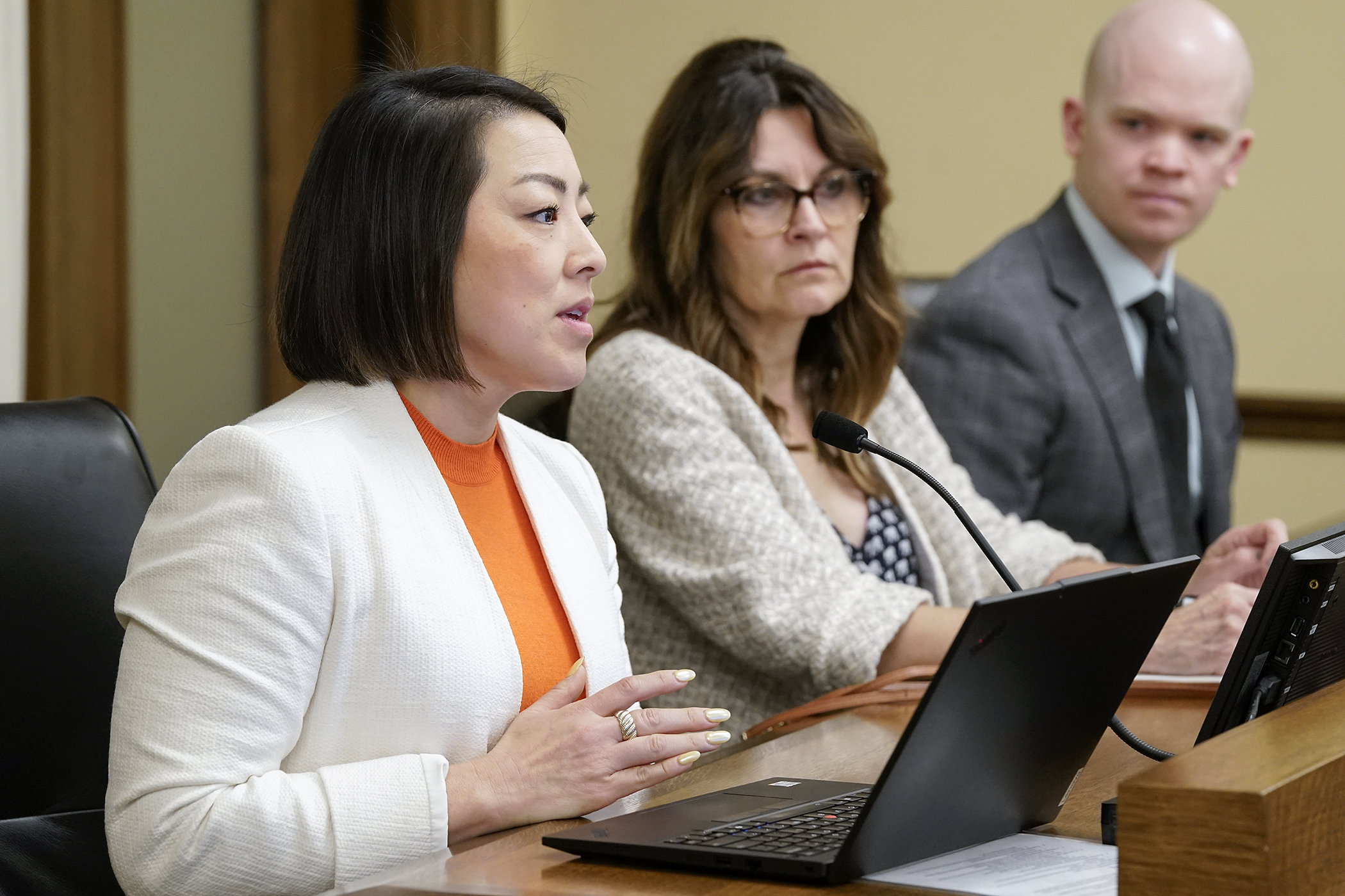Bill would correct wording in law, ensure visitation rights for nursing home residents

During COVID, restrictions were put in place for visiting family members in hospitals, nursing homes, assisted living facilities and other health care areas.
A 2024 law prevents that isolation by allowing a patient to designate at least one support person that could physically be present while the patient is receiving health care services.
Turns out that bill didn’t cover all the people it intended to cover because it used the word “patient” to describe who would get that designated support person.
That one word statutorily restricted access to only people that were patients at hospitals, not residents of nursing homes, assisted living facilities and long-term care facilities.
HF2407, as amended, and amended again, would amend the Minnesota Patients' Bill of Rights and the Assisted Living Bill of Rights to require non-acute care facilities, which include nursing homes and assisted living facilities, to allow residents to designate a support person while that resident is at the facility.
The House Human Services Finance and Policy Committee laid the bill over Thursday for possible inclusion in a later bill.
“The intent was to have it for to be for hospitals, nursing homes, and assisted living facilities,” said Rep. Natalie Zeleznikar (R-Fredenberg Township), the bill sponsor. “... I wasn't expecting to have to do a new bill, but this is really important, so important that I got emails asking for clarity after the bill passed and I didn't realize that we'd have issues.”
“This right is essential for preventing isolation and in many cases insuring the resident has all their care needs met,” said Parichay Rudina, legislative specialist at the Office of Ombudsman for Long-Term Care.
Kyle Berndt, senior director of advocacy for Care Providers of Minnesota, agrees. “Limiting visitation as the state and federal governments required during the pandemic was shown to negatively impact our resident’s mental and physical health. In fact, most public health institutions have long identified a link between social isolation and chronic illness.”
“This bill gives the most fundamental human right - connections - the ability to happen in all times,” Zeleznikar said.
Related Articles
Search Session Daily
Advanced Search OptionsPriority Dailies
Legislative leaders set 2026 committee deadlines
By Lisa Kaczke Legislative leaders on Tuesday officially set the timeline for getting bills through the committee process during the upcoming 2026 session.
Here are the three deadlines for...
Legislative leaders on Tuesday officially set the timeline for getting bills through the committee process during the upcoming 2026 session.
Here are the three deadlines for...